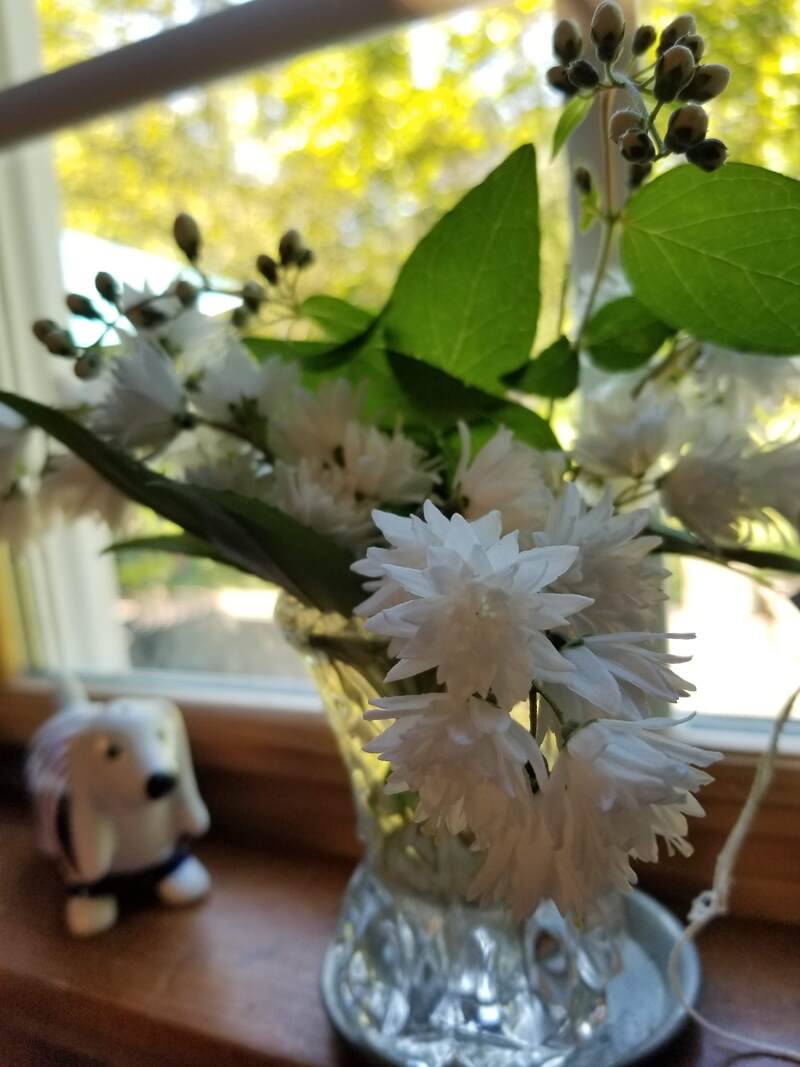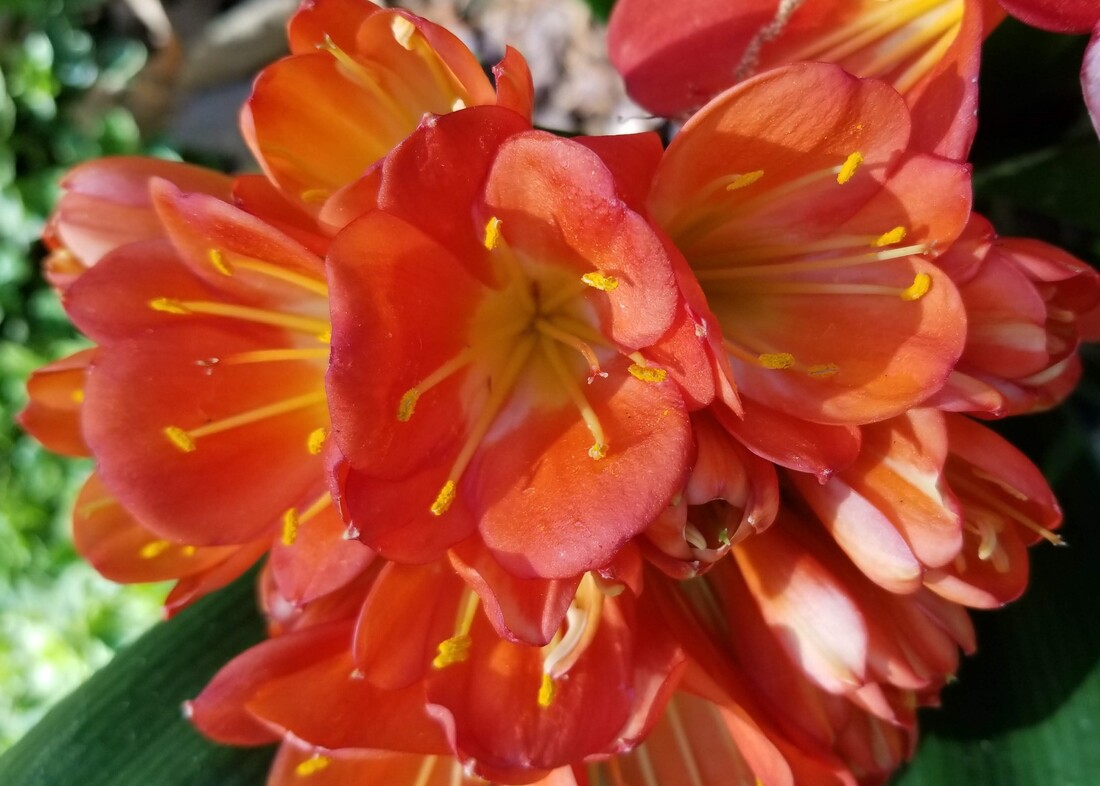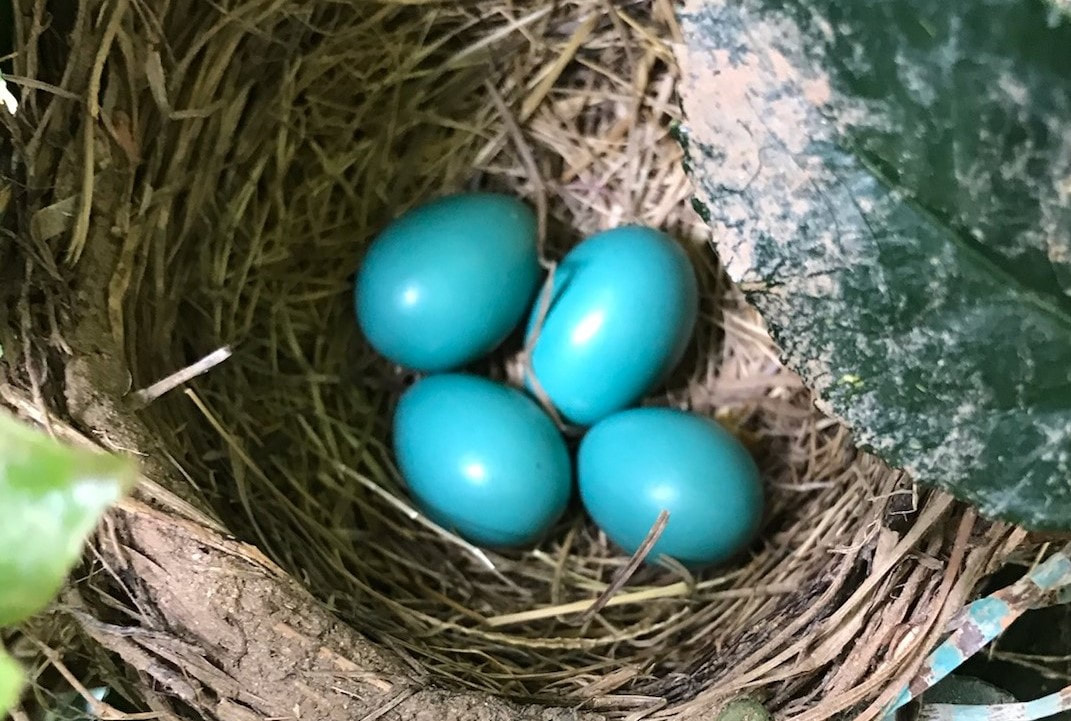North Raleigh Presbyterian Church issued the following announcement on May 5.
In case you ever need to borrow it, I have a copy of the Oxford Companion to Philosophy on the shelf in my office. I bought it in seminary, when it felt like I needed to look up every third word in my philosophy of religion textbooks. You see, philosophy did not figure into my undergrad education.
I memorized formulas, learned techniques for solving systems of equations and studied the principles of ergonomics, but philosophy simply was not in the mix in undergrad. The disconnect between my college studies and seminary was a mild aggravation in most cases – 100-level courses seemed to presume we’d all just graduated from BA programs in religion and I can remember muttering under my breath “No. I did not study that in undergrad” on more than a few occasions. (Note to any aspiring seminarians: engineering might not be your best undergrad preparation. Just sayin’.)
By the time I landed in a philosophy of religion course, the mild aggravation from those early days had become a severe impediment and the Oxford Companion to Philosophy had become my bedside reading. Be still my heart!
All this came crashing back for me when I was reading Thompson’s chapter 7 this week. Socrates is attributed with having said that “the unexamined life is not worth living” and I’ve been wondering just what he meant as I’ve read what Thompson has to say about “self-examination, confession and awareness.”
Given my philosophical handicap (otherwise known as ignorance) I have no illusion that I know what Socrates meant when (if?) he said what he said about the unexamined life. That said, at face value it would seem that he preferred death over a life without philosophical conversation partners. Or, if his statement is meant as hyperbole, he’s at least suggesting that examining life (and/or one’s particular life) is a valuable and worthwhile part of human life. (It turns out Socrates’ argument raises all kinds of red flags about the privilege of nobility and the like, and I recognize those critiques as valid even today; my agenda here has a different focus.)
The church’s long history of valuing self-examination would seem to agree with Socrates at least in part: it’s spiritually valuable – even vital – to cultivate self-examination, confession and awareness.
>Pause and consider: On a scale from “I’m too busy to spend time reflecting on my life” to “I spend more time reflecting on life than any other aspect of living” where would you say you fall?

On the windowsill this week: Deutzia. From my grandmother's garden, to my mother's to mine!
Somewhere in between “I’m too busy to spend time reflecting on my life” and “I spend more time reflecting on life than any other aspect of living” there is a point where we are constructively aware of our best and worst selves and able to live honestly and gratefully with our neighbors and Lord. Practicing that sweet spot is what Thompson urges us toward in chapter 7 of Soul Feast.
Those words “honestly” and “gratefully” reflect two basic truths Thompson sets out as a crucial foundation for healthy self-examination. First, self-examination can become self-condemnation if it’s not done in light of gratitude for God’s unwavering love. Nothing we can learn about ourselves can separate us from that love. Nothing. Nada. Zip. Zero. Zilch-o. (No, not that, either!) Second, while self-improvement is fine, being human means being imperfect, so the goal is to be honest about who we are rather than to ‘fix’ who we are.
From that place of honesty and gratitude, self-examination can be a wholesale review of one’s life thus far (akin to Step Four of the Twelve Steps, where one makes a “fearless and searching” self-inventory) and/or it can be a regular evaluation of a shorter timeframe (like a day at a time).
Thompson suggests that the culmination of self-examination is prayerfully to confess one’s life to God. She writes that such a prayer might go something like this: “God, here are the patterns I see at work in my life. This is who I know myself to be and how I know myself to act. Yet you know more than I do. Bring me to greater clarity and understanding of myself. Let every true need in me be filled by you, every wound and effective response be healed and taken into your will. And thank you for these particular gifts and learnings that are part of my life journey. Strengthen them in me and help me share them with others.” (p. 101)
>Pause to consider: Recall one formative experience in your life. How have your thoughts and actions in that experience shaped you as an individual?

I think I showed you Clivea buds one week; here's the full bloom.
When our son Ben was younger, we practiced a form of the examen for bedtime prayers. (I asked and he says it’s ok for me to share this with you!) I’ve used the same form for prayers when I’ve met with departing mission trip or conference groups, when I’ve visited with families following a death, when I’ve worked with staff groups in times of transition, even for prayers of the people at NRPC. Three questions shape this review: 1) What are you grateful for? 2) What causes you regret or worry? (With Ben, this question was, “What’s your do-over?”) 3) What are you hopeful for?
Of course, Ben’s elementary school answers were quite different than those spoken at grave sites. That is one of the beauties of this sort of practice – it translates to most any age or circumstance. The questions encourage a look back in gratitude and an honest look at what might need healing in the present, even as they foster a promising approach to the future. Taken together the three disarmingly simple sounding questions become a rather thorough and rigorous assessment.
>Pause to consider: Review the last 24 hours, identifying areas of gratitude, regret/worry and hope. Offer your observations to God with breath prayers of “thank you,” “forgive me/help me” or “show me.”

Peeked into some birds' nests with Dick Christensen today. Grateful for the time with Dick; Sorry to have distressed Mrs. Robin; Hopeful that her brood will soon be pulling up worms.
I won't dare go so far as to join Socrates in saying that "the unexamined life is not worth living," but I will be so bold as to suggest that it's quite worthwhile to examine one's life. There's lots to be learned and, I expect, a richer, even freer experience of life on the other side of examining one's life either on one's own or with a trusted friend/guide/pastor.
Indeed, the fruits of the Spirit at work are love, joy, peace, patience, kindness, gentleness, faithfulness, goodness and self-control. (I've been writing these onto stones. If you're by the church, look in the outdoor worship space and take what you need.) Thompson doesn’t quite catalog how all of those fruits of the Spirit can result from self-examination, but she does begin to make the connection. Perhaps a life review (or regular examen) can help us exercise self-control even as we recognize those things that gift us with joy. Surely our considering our own lives from a place of gratitude and honesty can make us more patient and compassionate (or gentle) with our neighbors, even as we become patient and compassionate with ourselves. Most of all, I expect peace with oneself and with the One who creates/redeems/sustains us might be the greatest gift to come out of such a process. Consider asking some questions of self-examination and perhaps you'll begin to hear some of these fruitful answers coming from the Spirit.Until next time,
Peace!
Lisa
Original source can be found here.






 Alerts Sign-up
Alerts Sign-up